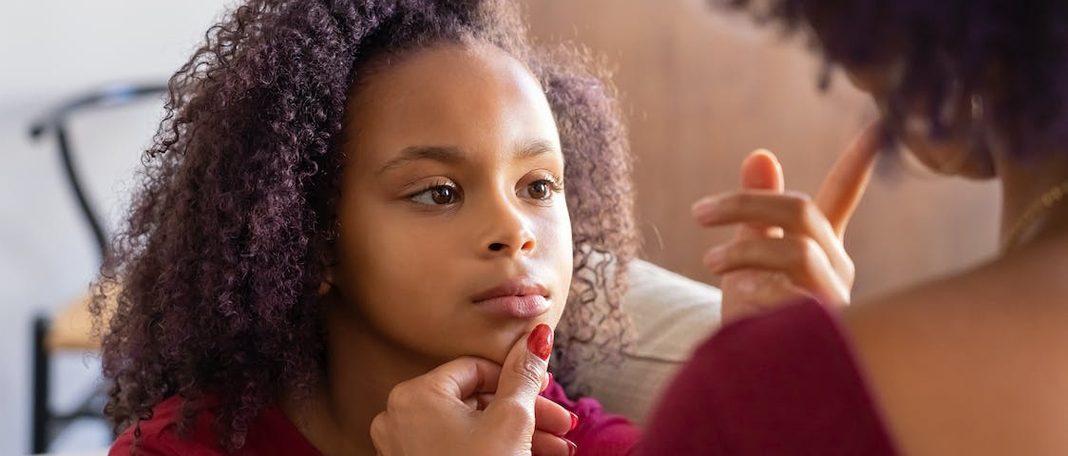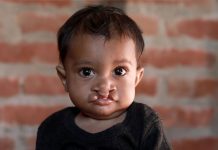Newborn babies undergo development day by day, also the mother who had carried them for longer months undergoes recovery. According to a recent study, babies born during the COVID-19 period experience delay in development compared to those who were born before.
Researchers from the Royal college of surgeons in Ireland say that Irish infants born between March to May 2022, experience delays in communication when compared to infants born between 2008 and 2011.
The study also found that 25% of the babies within one year of age haven’t experienced social interactions, which is much required for a growing child. They rarely met people and waved ‘bye-bye’.
There is no fault and nothing need to worry about says, Dr.Susan Byrne. At the Royal College of Surgeons in Dublin, Ireland, Susan Byrne teaches senior lectures on pediatrics and child health.
Byrne added, “Babies are very resilient and, obviously, the pandemic measures are all reduced now so there’s loads of opportunities for people to get out with their little people and for them to see the world.”
Babies born during “Pandemic”
UNICEF claimed that 116 million babies would be born during the covid pandemic period on the occasion of mother’s day. New mothers and newborns experienced harsh realities such as insufficiently skilled birth attendants: health workers, and midwives due to COVID-19.
Communication skills of newborn babies
Columbia researchers found that babies born during the first phase of the pandemic had slightly lower scores in the developmental screening test of social and motor skills, compared to babies born before covid-19.
The observation was made after the 255 babies were born at NewYork-Presbyterian’s Morgan Stanley Children’s Hospital and Allen Hospital between March and December 2020. this journal was published by JAMA Pediatrics.
The assistant professor of pediatrics and psychiatry at Columbia University Vagelos College of Physicians and Surgeons and lead investigator of the study, Dani Dumitriu MD, Ph.D. said, “Infants born to mothers who have viral infections during pregnancy have a higher risk of neurodevelopmental deficits, so we thought we would find some changes in the neurodevelopment of babies whose mothers had COVID during pregnancy,”
There may not be a higher impact or differences, but the changes are denotable and there are possibilities to affect the public health impact. He also added that the observation was done during the other pandemic and natural disasters.
Poverty
Across the OECD(Organization for Economic Cooperation and Development) countries, one in seven children suffers from poverty.
OECD countries include 38 Member countries: United States, United Kingdom, New Zealand, Japan, Italy, Germany, France, Finland, Australia, Canada, Belgium, and so on.
One-third of OECD countries experience child poverty less than 10%, whereas one-tenth of the OECD countries including the United States, China, and India come across child poverty for about one in five children.
Children’s exposure to COVID risks is significantly influenced by poverty and wealth imbalance.
Children living in developing countries or in low-income neighborhoods in developed nations with significant income inequalities face particularly serious health, sanitation, family income, housing, and educational challenges.

















